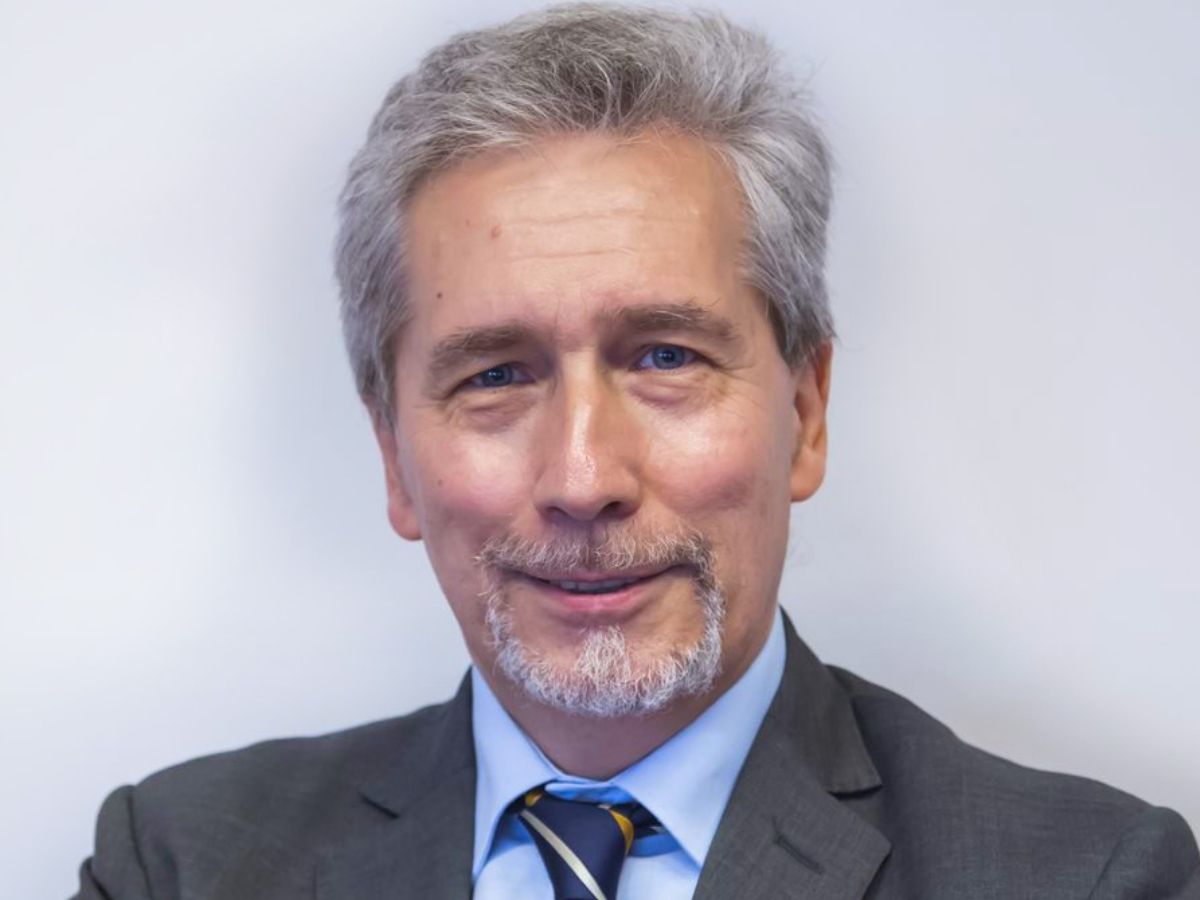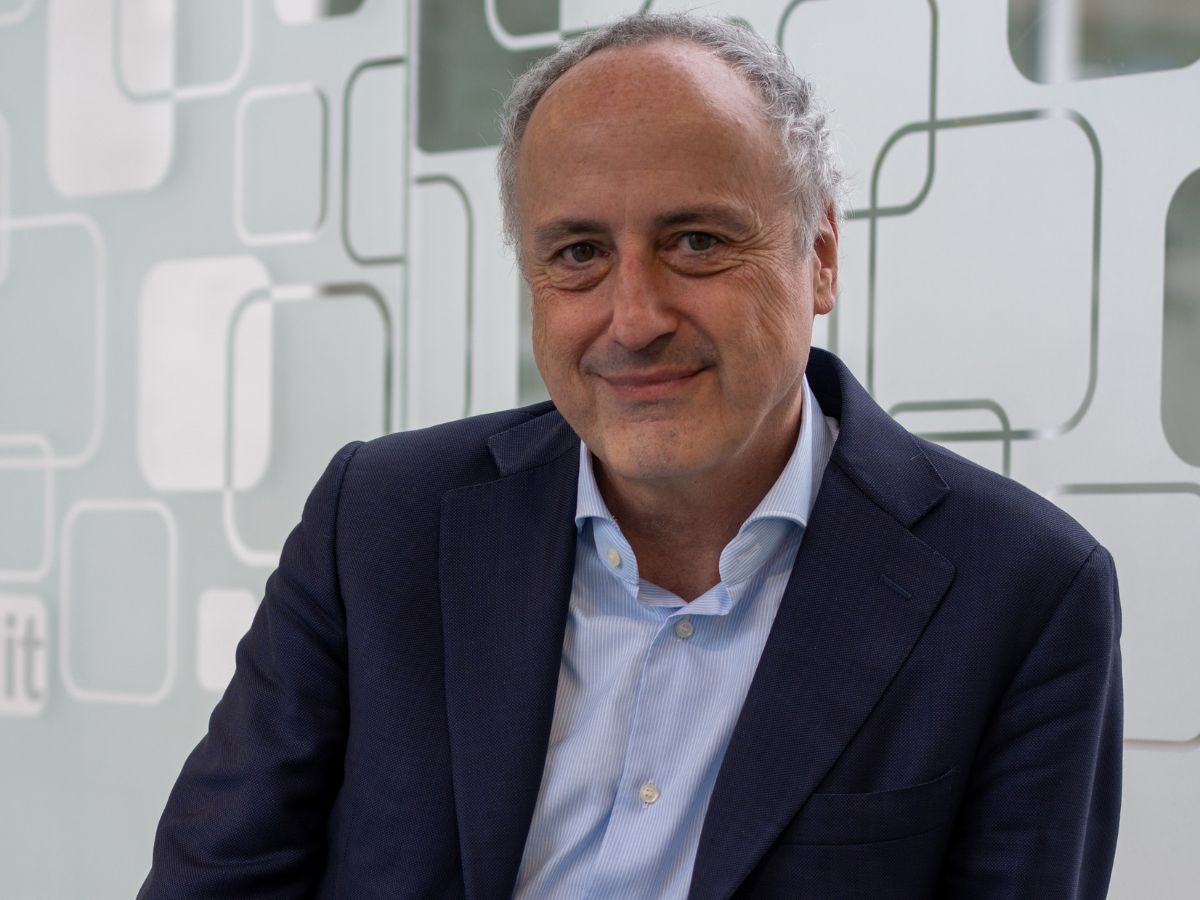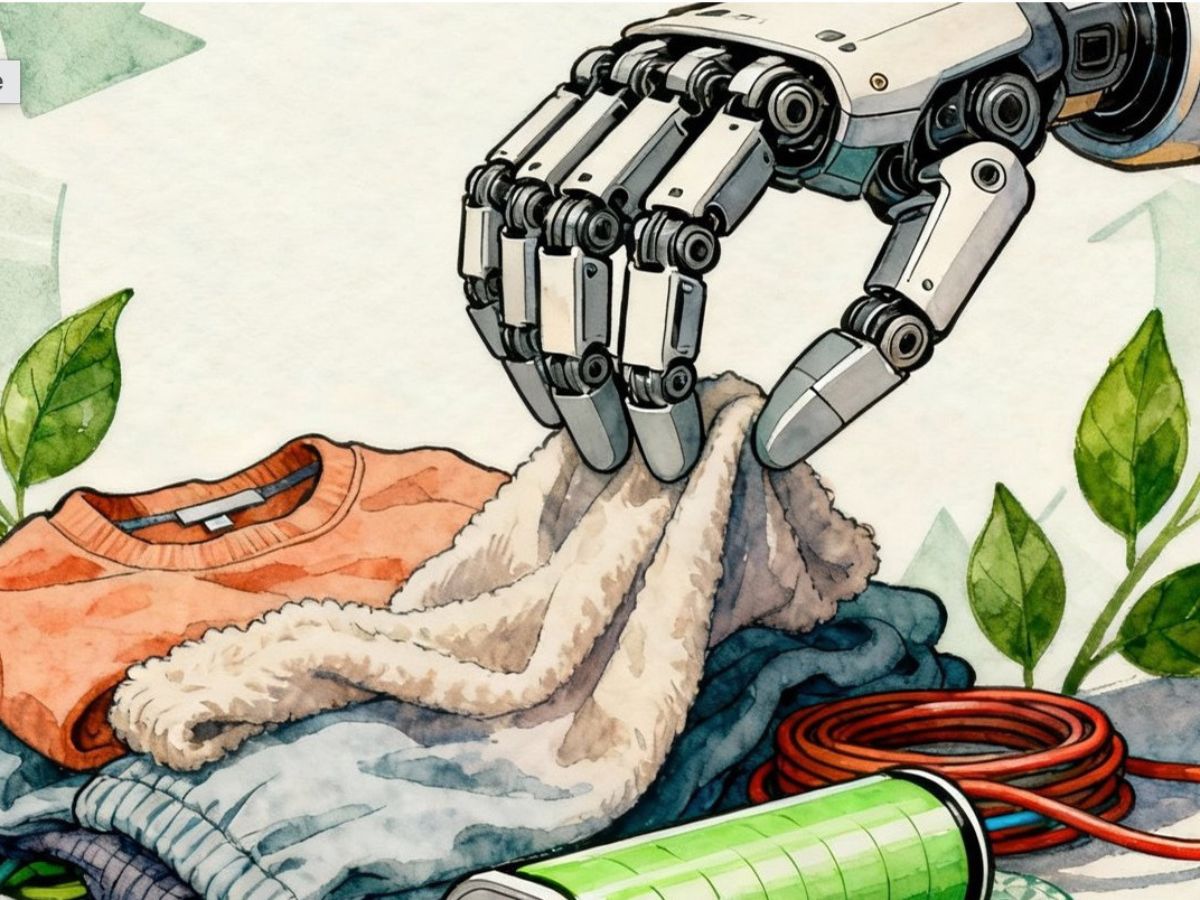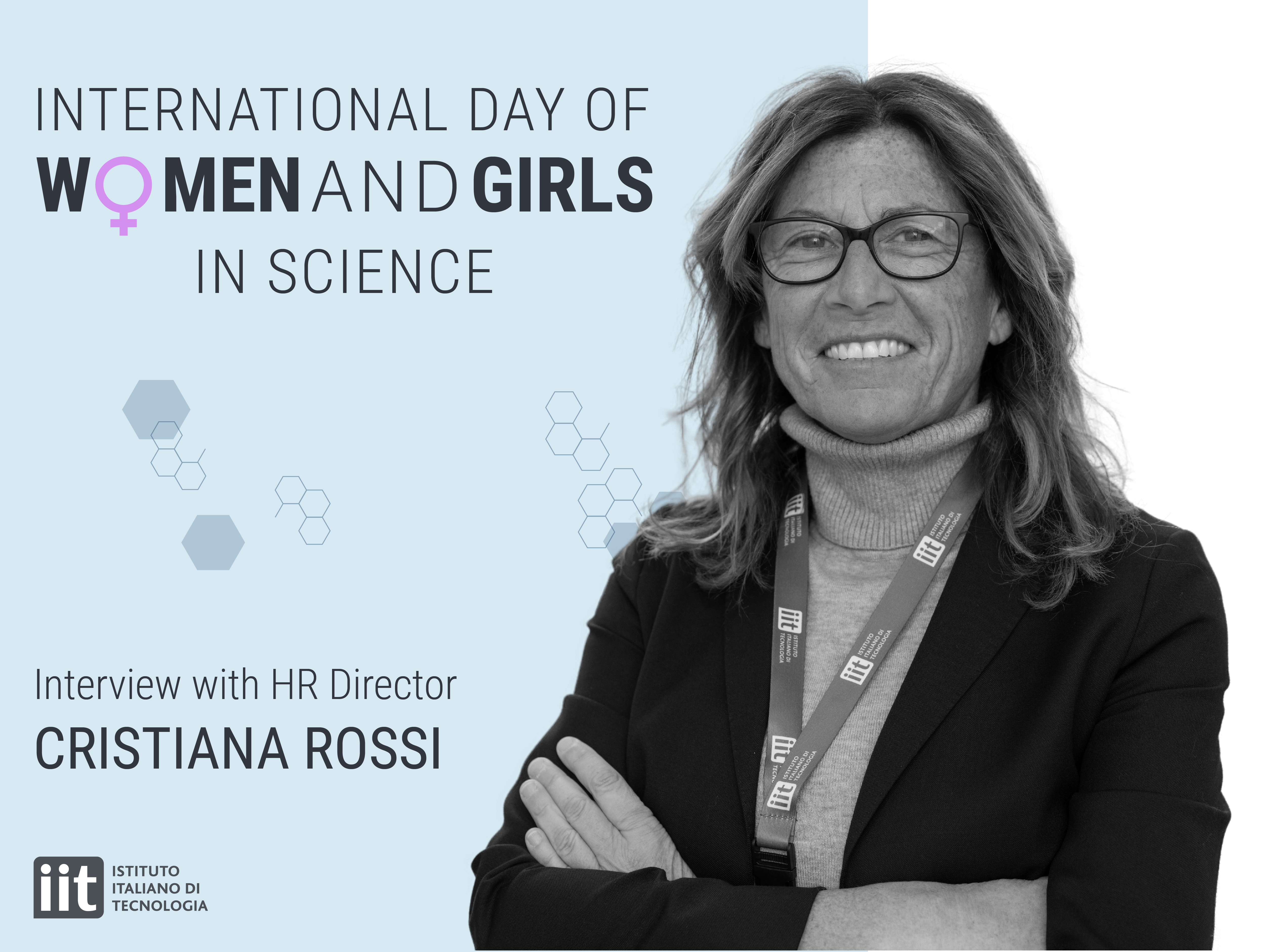Interview with Marco Falzetti, Director of APRE.
The European Research and Innovation Days event, organised by the European Commission to create a network of innovators and to increase awareness of the new Horizon Europe framework programme (framework programme 9 – FP9), is currently under way. In an interview with Marco Falzetti, Director of APRE (Agency for the Promotion of European Research), IIT OpenTalk wished to go beyond the programme’s economic dimensions, 95.5 billion for the next 7 years, in order to try to fathom its meaning and the opportunities that it offers for the European Union.
The new Horizon Europe framework programme gives greater importance to the impact of research results, not just in terms of economic impact, but also their social implications. Considering the programme in greater perspective, could we say that taking part in calls for applications for European research funding is also a way of being citizens of the European Union to a greater degree, and contributing to its development?
The focus on socio-economic impact has been in place since the previous framework programmes, from FP5, and it is being progressively reinforced in subsequent programmes. Without doubt, in Horizon Europe, attention to these effects has become even greater. To date, Horizon Europe is the largest joint programme in the world in terms of budget, for its ambition as regards objectives, and also in terms of the breadth of topics covered; there is no technical or scientific area that is not included. It is a truly European programme based on the principle of cooperation between European (and other) players, by means of which the European Union wishes to build a better society. It represents a segment of the route that the Union has taken to become more united, in ways that include shared research, just as it did with the ECSC and EURATOM programmes of its earliest days. The highlight on the impact of this new programme is a way of not forgetting that investments of public money should not just produce knowledge, but that this knowledge should also be useful for generating new solutions in line with Europe’s overall policies on the environment, digital technology and inclusion. In this sense, by participating in Horizon Europe we are building Europe, a social, economic, citizens’ Europe.
The new framework programme has a strong focus on technology transfer and SMEs involvement in innovation processes. What is the response of Italian companies to these European funding opportunities?
Every year APRE monitors the situation with a public document, APREdati, which gives us an overall perception of national involvement. There is a strong participation by the Italian industry, in other words the organisations classified by the Commission as ‘for profit’, small, medium and large companies. Italy is the country with the highest percentage of industrial participation in Europe. This means that we are a country that should potentially be well positioned to implement the objective of developing knowledge and transforming it into innovation in order to reach the market, because we already have many stakeholders involved. However, these positive preliminary conditions will prove to be a necessary prerequisite, but insufficient to guarantee satisfactory results if we do not dedicate sufficient attention to the improvement of the country’s innovation ecosystem.
Looking at the data from APRE, Italy is in 18th place in the 2020 European Innovation Scoreboard; what does this mean and what more could be done?
The ranking comes from the photograph that the Commission takes every year of the most innovative countries in the Union. Italy does not appear among the most innovative countries, although it is one of the most industrialised nations and most important economies. Of course, we have to bear in mind the metrics used in such a photograph; some of them do not help to grasp the elements that determine innovation in our country. Certainly we can say that in Italy there is a notable capability of powering incremental innovation, in other words, innovation that enables the growth and development of what already exists. The Commission’s current metrics tend to reward ‘breakthrough’ innovation, and on this front as a country we are all too often in a position of ‘followers’ and not as pioneers. This is an important issue, and we will have to work on two fronts: we must not forget the innovation necessary to maintain and encourage a growth of the existing enterprise system’s competitivity, but at the same time we have to gain new ground and rise in the rankings for new and more ambitious forms of innovation that represent the foundation for creating new entrepreneurship and new markets. So we have to think about innovating not only for the present situation, but also for the future. The great challenges that the Commission is setting itself for Europe – as underlined by Moedas – call for the invention of solutions that do not currently exist for at least 50% of the objectives that we have set ourselves for the next 20 years. So there is a lot to do and we cannot afford to leave it all up to other countries. 18th place is not the right fit for our country.
APRE was founded shortly before the establishment of the European Single Market, and so it saw the development of what is now the European Union. Is there a moment that you consider as the most important for investment in research and innovation?
It is difficult to choose a specific event in a trend that has luckily been hallmarked by constant growth in successive framework programmes over the years. Perhaps it is worth highlighting the major change that began at the end of FP5 and led to the growth of partnerships and their intense use. This development, which has progressed further in the current Horizon Europe, has led the Commission to seek the increasing involvement of stakeholders in the process of defining research policies and strategies in many sectors considered of fundamental importance for the attainment of the Union’s general guidelines, with the aim of coordinating the operations and areas of activity on which pan-European efforts can be focused. Initially, the stakeholders were essentially the major players in research and innovation (industry, research, academia), but today the Commission is also requesting the complete involvement of civil society.
Equal opportunities and the inclusion of diversity are another important issue, with a particular focus on the increasing presence of women in senior roles. To be eligible for European funds, the organisations submitting projects have to be able to demonstrate that their structure includes gender policies. Could you explain this in more detail?
This statement is correct. For some types of participant organisations, the Commission will make it mandatory to adopt the so-called Gender Equality Plan, a document that defines the policies and actions that the organisation implements to ensure an appropriate internal gender policy. It may seem somewhat excessive that the Commission has to intervene in this way on an issue whose natural solution should ideally be found within the organisation itself. However, I think it is right that, by means of this type of measure, we can speed up the achievement of proper gender equality in the world of research and innovation. It must be stressed, however, that this new requirement should not be addressed for every single project, and therefore it will not be a ‘problem’ up to individual researchers, but rather the definition and compilation of specific gender policies will be the responsibility of the organisation to which the researchers belong. However, within the project, researchers will have to ensure that their projects are consistent with the policies existing within the organisation and more generally with all the principal aspects of an opportune gender policy.
Would you like to add one last comment?
APRE is approaching Horizon Europe and reaffirming its status as a point of reference for the entire national system, providing support, information and training to promote and improve Italy’s participation in the programme. Undoubtedly, in the light of H2020, the key factor is to promote and extend participation, but above all to help improve the quality of our activities. I would like to return to your first question, pointing out that taking part in Horizon Europe is another way of operating in a better, more inclusive, more modern and more competitive Europe. It is an adventure that everyone should tackle, from universities to companies. Everyone can and should approach it from their own point of view and in their own interest, but I would suggest thinking of it not just as a funding opportunity, but also for the many other opportunities that the experience of taking part in a programme such as Horizon Europe can offer. Working on a European project is enriching in many ways, for the experience that it offers, the interaction with different cultures, working with situations of excellence, and for the management involvement. This set of intangible values should therefore be taken into consideration. And in the final analysis, all this offers something significant for us: if we don’t take this opportunity, someone else will do it in our place, and this would mean losing the chance to play an active role in the construction of the Europe of the future.






